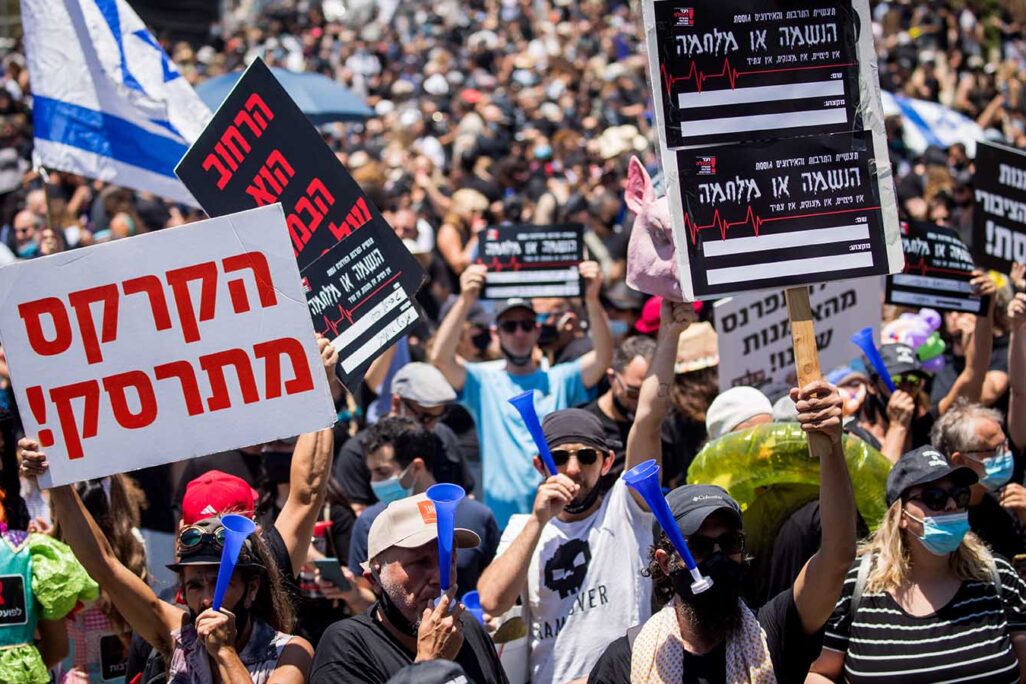
The second lockdown has not undermined nor diminished the anti-Netanyahu protests – on the contrary. But something is missing. The groups and organizations suffering from economic mismanagement by the government have stopped their participation in the protests, and it's not because their worries have been resolved.
Davar spoke with representatives of some of these economic sectors to find out why they have left the streets. At the moment, many of these groups of workers aim to represent their own interests economically, rather than make a broad political statement as part of the ongoing “Black Flag” protests that call for Prime Minister Netanyahu’s resignation.
"I can’t protest against Netanyahu in the name of the industry as a whole. We can’t be responsible for that. We’re only about the financial issues concerning the industry," said Tomer Mor, a leader of the restaurant industry's campaign to demand aid from the government.
Gil Hovav, hospitality workers
“We’ve got no hope, and when you’ve got nothing to lose, you’re in the most dangerous position,” said Gil Hovav, leader of the hospitality industry’s campaign, and one of the organizers of its protests. Hovav claims the campaign’s efforts are directed at getting politicians’ attention.
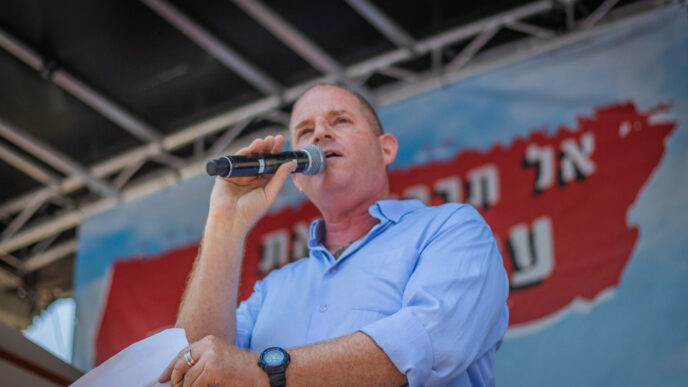
Have the campaign’s goals been met?
“That’s a little tricky to answer. The furlough plans have been crucial in the short term. But at the moment, we’ve got no solutions for the long run, and unless the government comes up with some, many businesses won’t survive.
Why aren’t you out on the streets?
“We’re mostly focused on the politicians. We don’t want to be associated with the anti-government protests, but rather to draw attention to the industry’s plight. We’re trying to pressure members of the Knesset to back us.
"On the other hand, we’re nearing our limits. Unless the situation improves after Sukkot, we’ll be back on the streets protesting even harder than before.”
Linda Avitan, arts and culture industry
“The May protests achieved the economic stimulus plan, and that was crucial. But in the long run, it’s just not going to be enough. It’ll last a few months, that’s all,” says Avitan, who owns a lighting and sound business, and was one of the leaders in the stage-hands' protest last May.
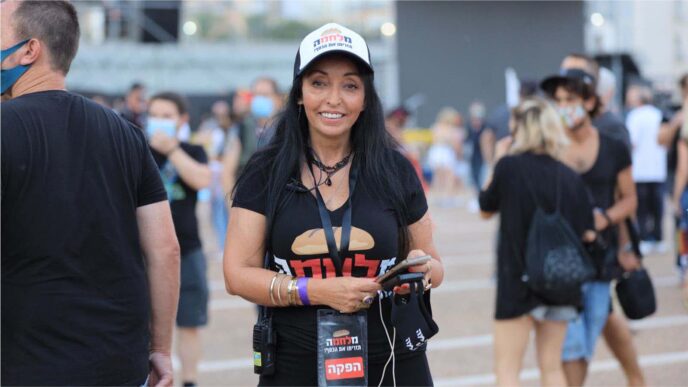
“It was more like a band-aid solution than anything else. We’re left in a financial pit worth millions, and it’ll take years to get out.”
Why aren’t you out on the streets?
“It’s a dilemma. We don’t want to be associated with the anti-Netanyahu protests. We’re not interested in bringing down the government, all we want is this crisis to be dealt with properly.
"We keep saying to ourselves, 'let’s wait for the pandemic to calm down and then start pushing for a recovery plan for the industry.' But at the moment, we’re not doing anything, it’s very frustrating.”
Do you expect to return to protests?
“I expect it to start up again in October. I’m not prepared to give up on the arts and culture industry,” says Avitan. “There was a protest just outside my house today. I envy their energy. I’m ashamed of our inactivity.”
Tomer Mor, restaurant industry
“We’re in the same position as we were just before the first wave. It’s the same place we will be in after the second wave. We’re still fighting,” says Mor. He claims that most of their goals have been met, but they’re still prepared to return to the streets if necessary. “We’re not prepared to lose thousands of businesses. We’re doing the best we can to help one another,” he says.
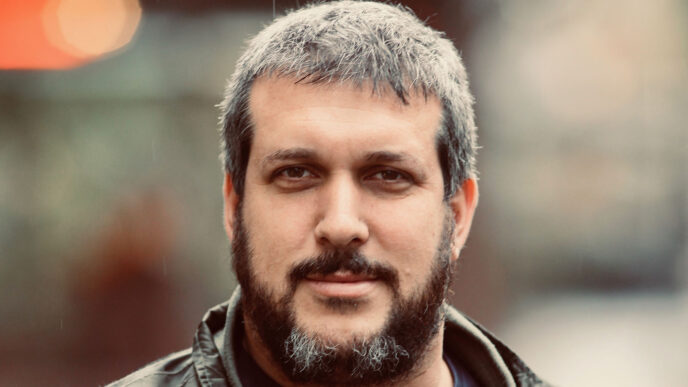
Why aren’t you out on the streets?
"We can’t relate to the protests at the moment. We’re not interested in changing the government, we’re only interested in the financial aspect. Our movement contains representatives from all parts of Israeli society.
“During the first lockdown, we had no solutions, so we had no choice but to take to the streets. At the moment, we’re not protesting because of the political nature of the protests. We don’t want our message to be taken over. But if we don’t see considerable change, we’ll go back to protesting.”
What would make you return to the streets?
“You’ll hear from us again unless the government hands out considerable aid next week,” Mor says.
Ori Rashtik, actors’ union
“Directors of cultural centers and private sector employers will have a lot to answer to. I would find it difficult to sleep at night if I was them,” said Ori Rashtik, a member of the Actor’s Union, and one of the major figures involved in the actors protests during the first lockdown. He thinks that most of the demands were met during the last round of protests, but that there is still much to be done.
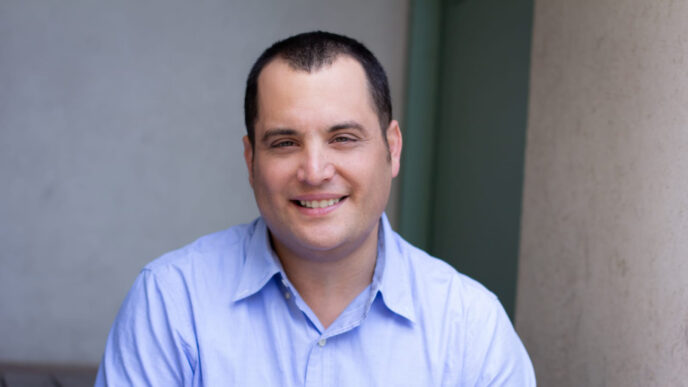
Have your demands been met?
“Honestly, I must say that a lot has been achieved. We haven’t got solutions for 100 percent of our members, but our position is much better than it was before. The government’s plan for the self-employed ensures actor’s income until June 2021, and that’s crucial. Unfortunately, most actors in Israel are still freelancers.”
Who’s to blame for the situation?
“First and foremost, it’s the government. The self-employed have been let down by the government, and the actors have suffered as part of that.
“Even before the pandemic, the self-employed were suffering. If they had been properly employed, they wouldn’t have faced the challenges they’ve been going through in the past six months.”
Will the actors return to the streets?
“Many of them are involved in the anti government protests. I’m glad for that,” Rashtik says.






